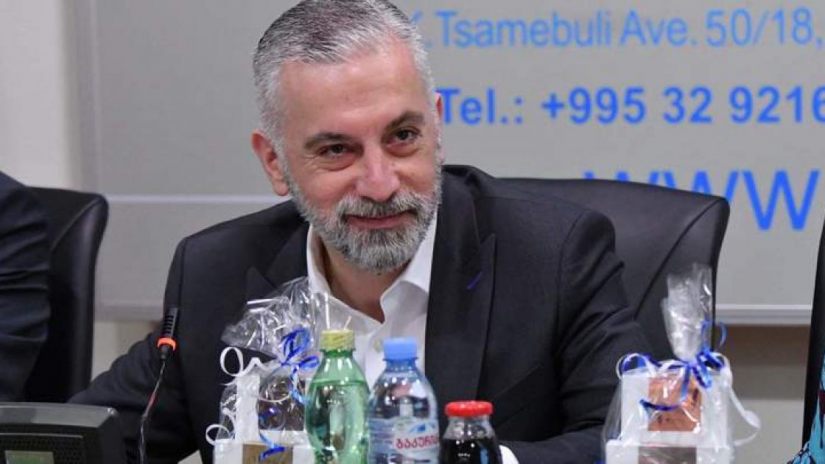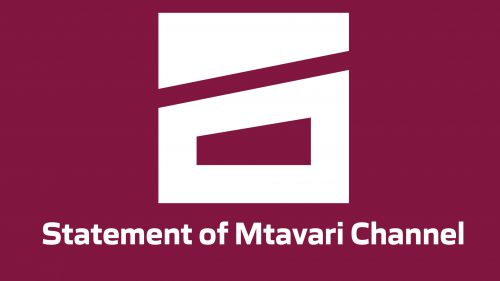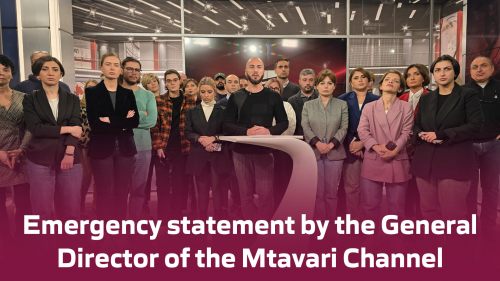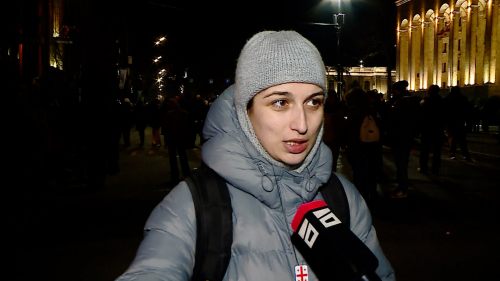
Today a new law on TV and radio broadcasting comes into force, limiting the distribution of child-unfriendly content in the media and on the Internet. Law enforcement and violations will be controlled by the National Communications Commission.
The new law gives the regulatory body the unlimited right to interfere in the content of a broadcasting company, impose restrictions, impose sanctions or suspend its license.
NGOs and lawyers talk about the dangers of censorship and suppose that restrictions against specific broadcasters will be used.
The media have appealed the law to the Constitutional Court. Four TV companies demand that restrictions imposed by the regulator be declared unconstitutional.
On August 19, TV companies also sent a special appeal to the Regulatory Commission and the chairperson of the Parliamentary Human Rights Committee Sophio Kiladze, stating the dangers contained in this law:
By adopting amendments to the law in the face of a noble cause, the state gains leverage to exercise full editorial control over broadcasters, causing serious financial problems for broadcasters by imposing sanctions and eventually suspending broadcasting rights. The current parliament, along with vague changes in legislation, has further increased the legal levers on editorial independence of the media and in case of violation of obligations under Articles 561 or 562 of the law, the commission will suspend the broadcasting license, the appeal says.
We remind that the amendments to the Law on Television and Radio Broadcasting were to enter into force on June 1, but it was postponed until September 1.
The author is Kakha Bekauri, Chairman of the Regulatory Commission, whom Sophio Kiladze publicly thanked for the attempt to legalize censorship.










